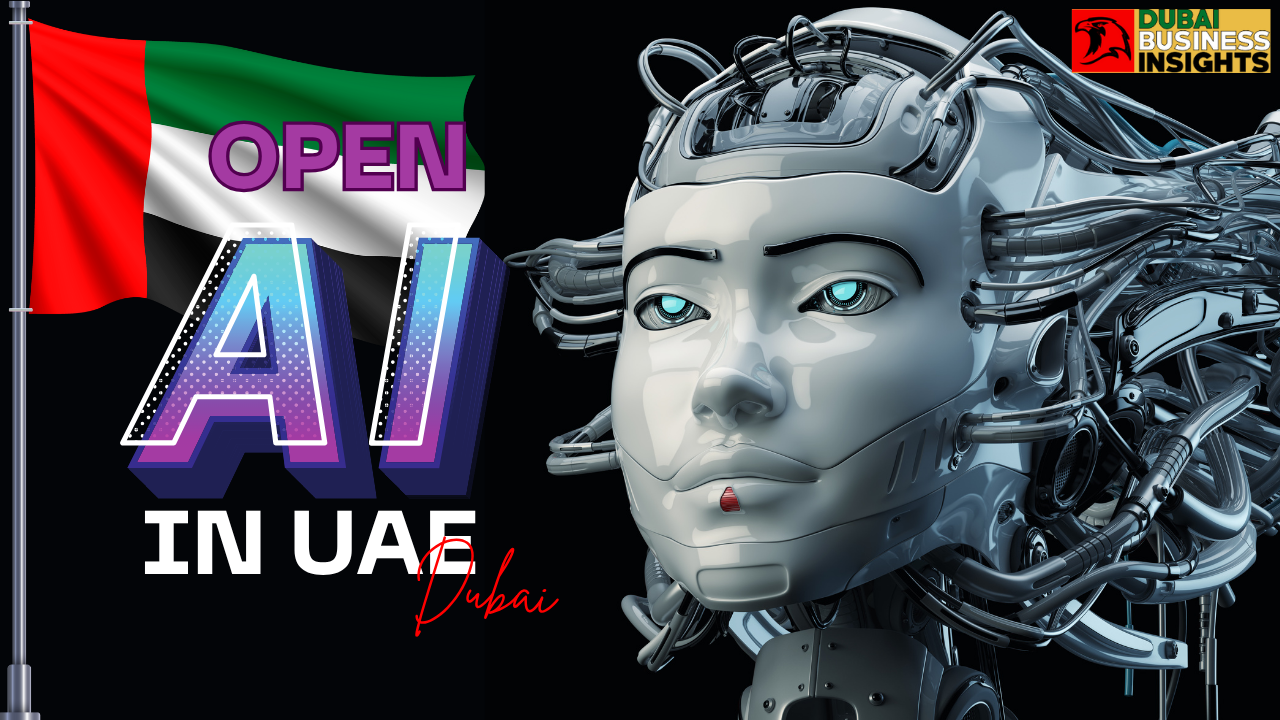The artificial intelligence landscape is witnessing a monumental shift as OpenAI, the company behind ChatGPT, embarks on one of its most ambitious infrastructure projects to date. OpenAI plans to help develop a massive new datacenter in the United Arab Emirates that may eventually be one of the largest in the world, with the facility spanning what could become a 5-gigawatt datacenter campus in Abu Dhabi. This strategic expansion represents more than just technological infrastructure development; it signifies a paradigm shift in global AI capabilities, international cooperation, and the geopolitical landscape of artificial intelligence.
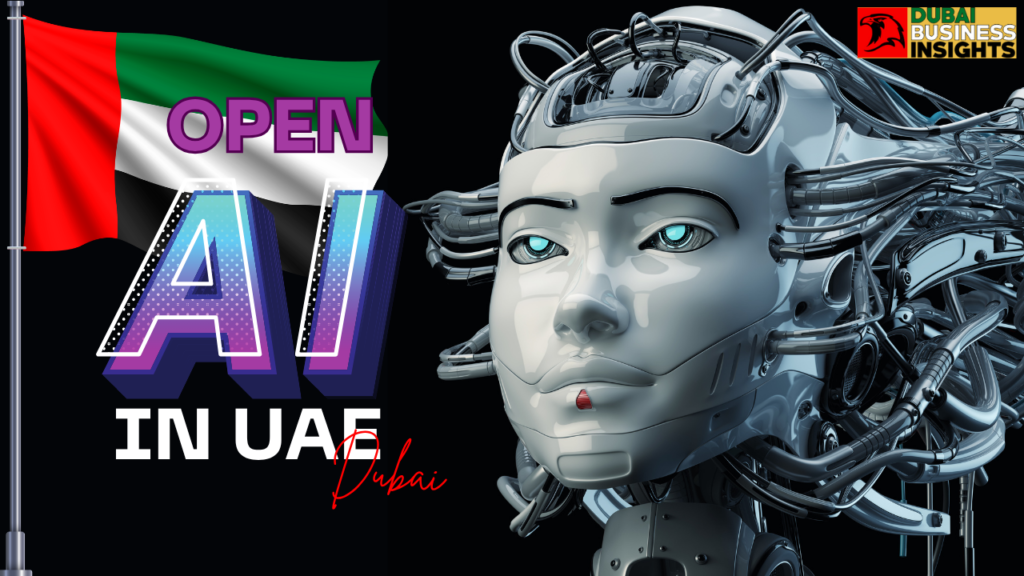
Also Read: UAE Golden Visa: 7 New Categories for Long-Term Residency
The Scale and Scope of the Project
The magnitude of OpenAI’s Abu Dhabi datacenter project is unprecedented in the AI industry. The Abu Dhabi datacenter will have a 5-gigawatt capacity and cover 10 square miles, making it comparable in size to Monaco itself. To put this scale into perspective, most traditional data centers operate at capacities measured in hundreds of megawatts, making this project roughly ten times larger than conventional facilities.
OpenAI and its partners will build a one gigawatt AI computing cluster in Abu Dhabi, with 200 megawatts of that expected to go live next year, as part of the larger 5 gigawatt Abu Dhabi datacenter. This phased approach demonstrates the project’s ambitious timeline and the urgency with which OpenAI is pursuing its international expansion. The project, branded as “Stargate UAE,” represents a comprehensive ecosystem rather than merely a datacenter facility.
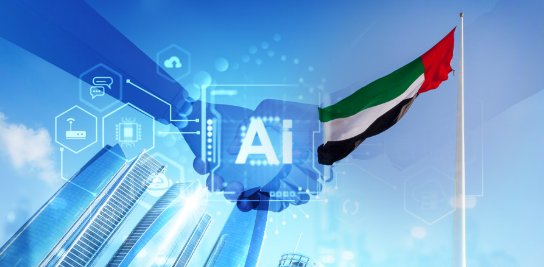
Also Read: Harnessing Influencer Marketing to Drive Dubai Tourism
Strategic Partnerships and Industry Collaboration
The Abu Dhabi project showcases an unprecedented level of collaboration between American technology companies and Middle Eastern partners. The ChatGPT maker is partnering on a 5-gigawatt datacenter cluster in Abu Dhabi with G42, an AI company backed by the country’s sovereign wealth fund. This partnership extends beyond simple infrastructure development, creating a reciprocal investment framework that strengthens ties between the US and UAE technology sectors.
U.S. tech giants Nvidia, Cisco, Oracle, and OpenAI are supporting the “UAE Stargate” artificial intelligence datacenter, with partners including G42, Oracle, Nvidia, Cisco, and SoftBank. This coalition of industry leaders brings together complementary expertise: Nvidia’s cutting-edge AI chips, Cisco’s networking infrastructure, Oracle’s cloud computing capabilities, and SoftBank’s financial backing. Such comprehensive collaboration indicates the strategic importance all parties place on establishing a dominant AI infrastructure presence in the Middle East.
Energy Infrastructure and Sustainability
One of the most innovative aspects of the Abu Dhabi datacenter project lies in its approach to power generation and sustainability. The Abu Dhabi site will use nuclear, solar, and gas power to give the equipment juice and to cool it, and will have a science park for people “driving advancements in AI innovation”. This multi-source energy approach addresses one of the most significant challenges facing AI infrastructure: the enormous power requirements of modern AI computing systems.
The UAE’s investment in nuclear energy, combined with its abundant solar resources, positions the Abu Dhabi datacenter as potentially one of the most energy-efficient large-scale AI facilities in the world. This energy diversification strategy not only ensures a reliable power supply but also demonstrates a commitment to sustainable AI development, addressing growing concerns about the environmental impact of AI infrastructure.

Also Read: The Future of Dubai’s Retail Landscape: Mega Mall Expansions and Consumer Trends
Geopolitical Implications and Global AI Strategy
OpenAI’s expansion into Abu Dhabi represents a significant geopolitical development in the global AI landscape. By establishing a major presence in the Middle East, OpenAI is diversifying its geographic footprint and reducing dependence on any single region for its critical infrastructure. This move comes at a time when AI capabilities are increasingly viewed as strategic national assets, making geographic diversification a prudent business and security strategy.
The project also reflects the UAE’s broader vision of becoming a global technology hub. Abu Dhabi’s strategic location between Europe, Asia, and Africa makes it an ideal staging ground for AI services targeting multiple continents. The emirate’s business-friendly environment, advanced telecommunications infrastructure, and significant financial resources create an attractive destination for major technology investments.
Furthermore, as part of the deal, G42 plans to make a reciprocal dollar-for-dollar investment in AI infrastructure in the US, creating a balanced partnership that benefits both nations’ technology sectors. This reciprocal investment structure helps address potential concerns about technology transfer while ensuring mutual benefit from the collaboration.
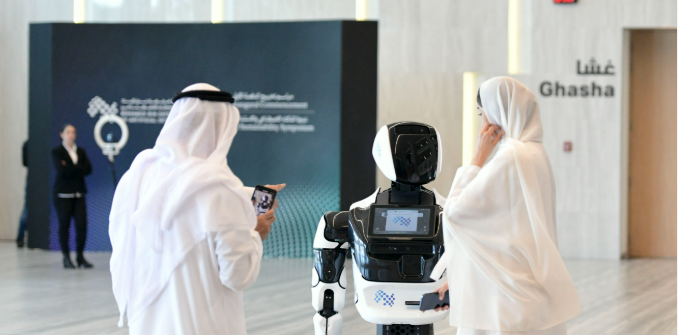
Also Read: Dubai’s New 5-Year Visa: Rules, Benefits, and Application Process
Innovation Ecosystem and Research Development
Beyond mere computational capacity, the Abu Dhabi datacenter project aims to create a comprehensive innovation ecosystem. The inclusion of a science park dedicated to AI innovation suggests that this facility will serve as more than just a processing center; it will become a hub for research, development, and technological advancement. This approach mirrors successful technology cluster models seen in Silicon Valley, creating an environment where researchers, entrepreneurs, and established companies can collaborate on cutting-edge AI applications.
The concentration of such significant AI infrastructure and talent in Abu Dhabi could accelerate breakthrough developments in artificial intelligence, potentially leading to innovations that benefit global AI advancement. The cross-cultural collaboration inherent in this project may also foster unique approaches to AI development that might not emerge in more homogeneous research environments.
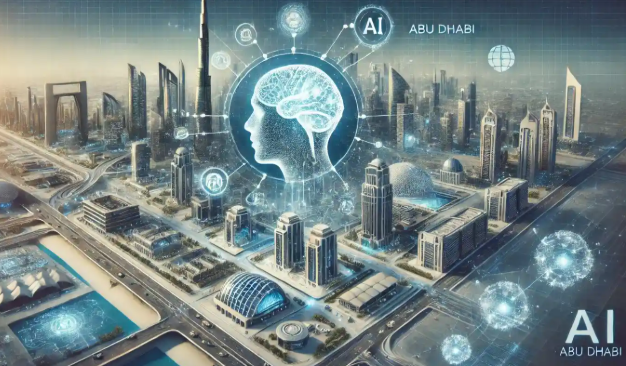
Also Read: Freelancer Visa In UAE: Comprehensive Guide to Free Zones
Economic Impact and Future Implications
The economic implications of OpenAI’s Abu Dhabi datacenter extend far beyond the initial infrastructure investment. The project will likely create thousands of high-skilled jobs, attract additional technology companies to the region, and position the UAE as a major player in the global AI economy. The facility’s massive scale suggests it will serve not just OpenAI’s immediate needs but potentially provide services to other AI companies and researchers, creating a new revenue stream and technological services hub.
Looking forward, this project may serve as a model for other major AI infrastructure developments worldwide. The successful integration of diverse energy sources, international partnerships, and comprehensive innovation ecosystems could influence how future AI datacenters are conceived and implemented globally.
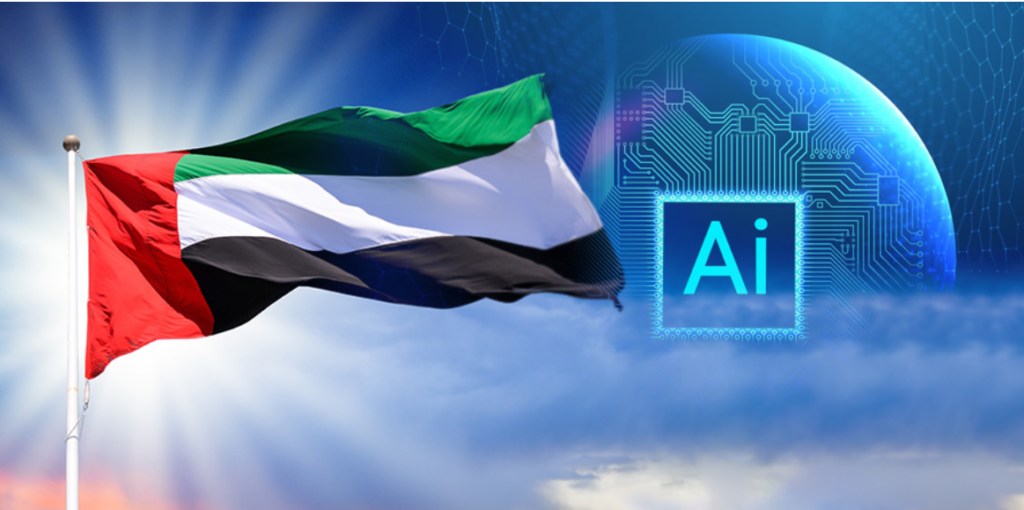
Also Read: Dubai Trade Scam: Indian Firm ‘Dynamic’ Vanishes with AED 12 Million
Conclusion
OpenAI’s datacenter expansion to Abu Dhabi represents a watershed moment in the evolution of global AI infrastructure. The project’s unprecedented scale, innovative energy approach, and comprehensive partnership model demonstrate how the AI industry is maturing beyond Silicon Valley-centric development. By establishing this massive facility in the Middle East, OpenAI is not only meeting its growing computational needs but also contributing to the emergence of a multipolar AI landscape where innovation and capability are distributed across multiple continents and cultures.
As the first phase of this ambitious project prepares to come online in 2026, the global technology community will be watching closely to see how this bold experiment in international AI infrastructure collaboration unfolds. The success of this venture could very well define the future geography of artificial intelligence development and deployment worldwide.
How large will OpenAI’s Abu Dhabi datacenter be compared to existing facilities?
The Abu Dhabi datacenter will be massive, with a 5-gigawatt capacity covering 10 square miles – roughly the size of Monaco. This makes it approximately ten times larger than conventional datacenters, which typically operate at capacities measured in hundreds of megawatts. The first phase will include a 1-gigawatt AI computing cluster, with 200 megawatts expected to go live in 2026.
What makes the energy infrastructure of this datacenter unique?
The Abu Dhabi facility will use a innovative multi-source energy approach, combining nuclear, solar, and gas power for both equipment operation and cooling systems. This energy diversification strategy leverages the UAE’s investment in nuclear energy and abundant solar resources, potentially making it one of the most energy-efficient large-scale AI facilities globally while addressing environmental concerns about AI infrastructure.
Who are the key partners involved in this project and what roles do they play?
The project involves a comprehensive coalition of industry leaders. OpenAI is partnering with G42 (an AI company backed by UAE’s sovereign wealth fund), along with major tech companies including Nvidia (AI chips), Cisco (networking infrastructure), Oracle (cloud computing), and SoftBank (financial backing). Additionally, G42 plans to make reciprocal dollar-for-dollar investments in AI infrastructure within the US, creating a balanced international partnership.

